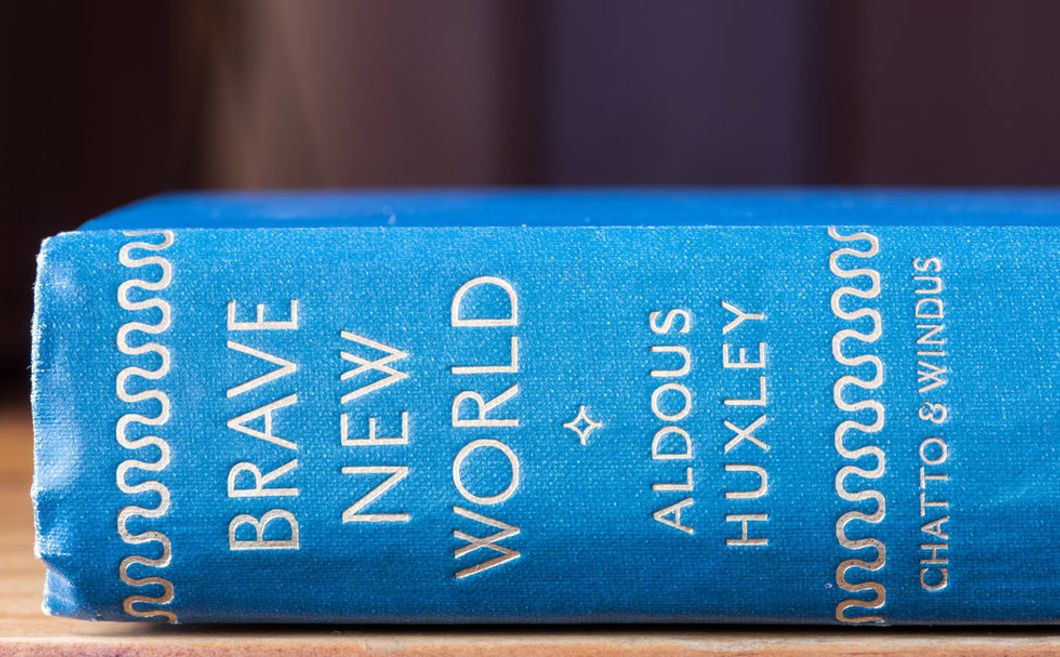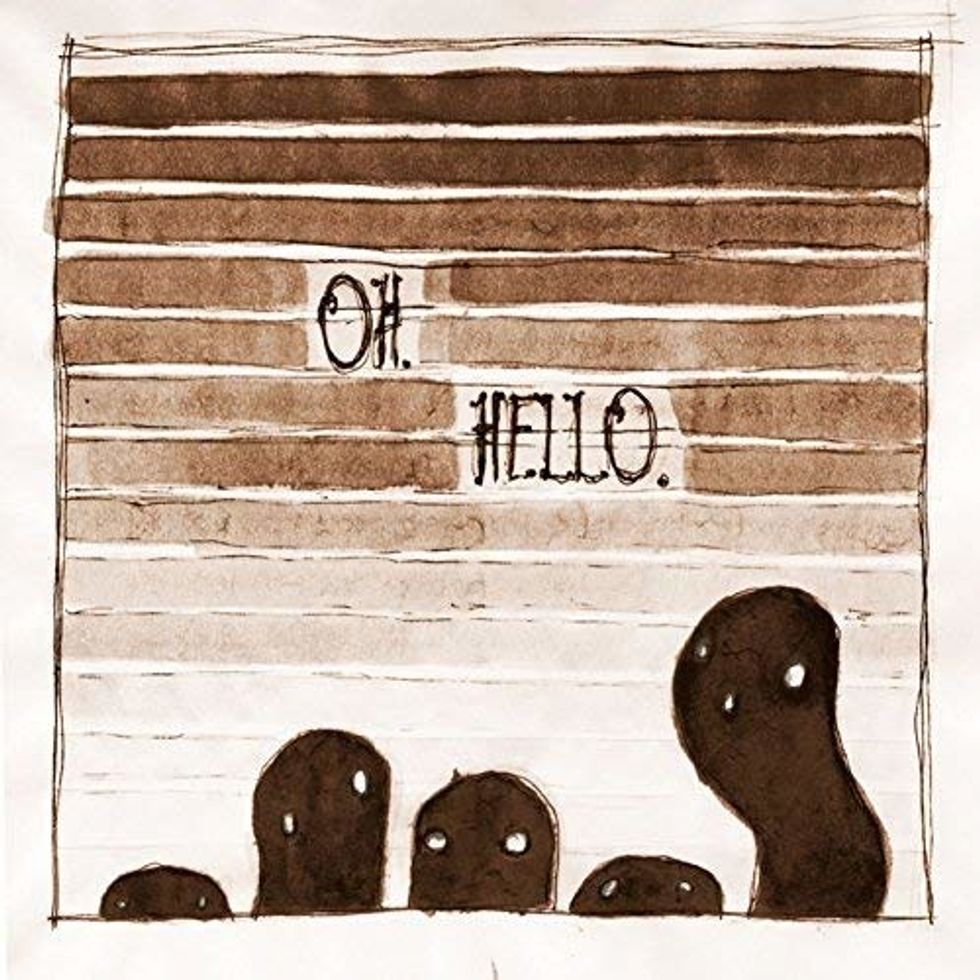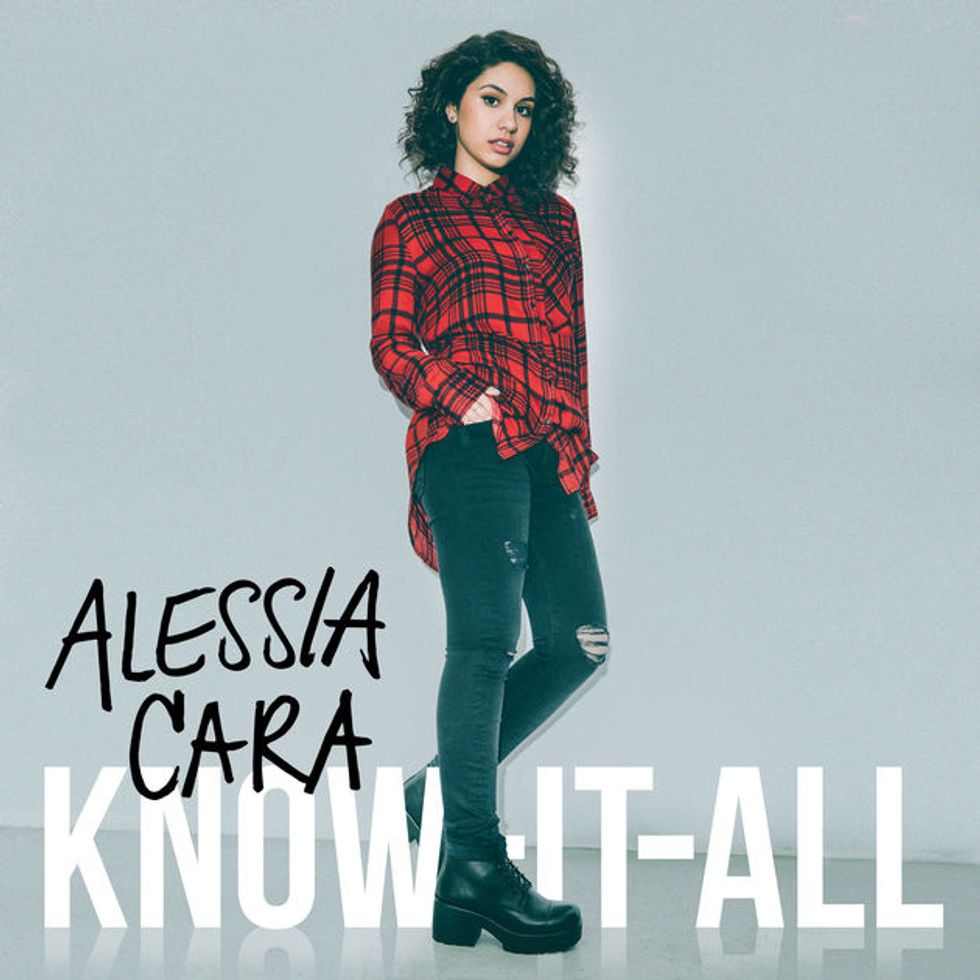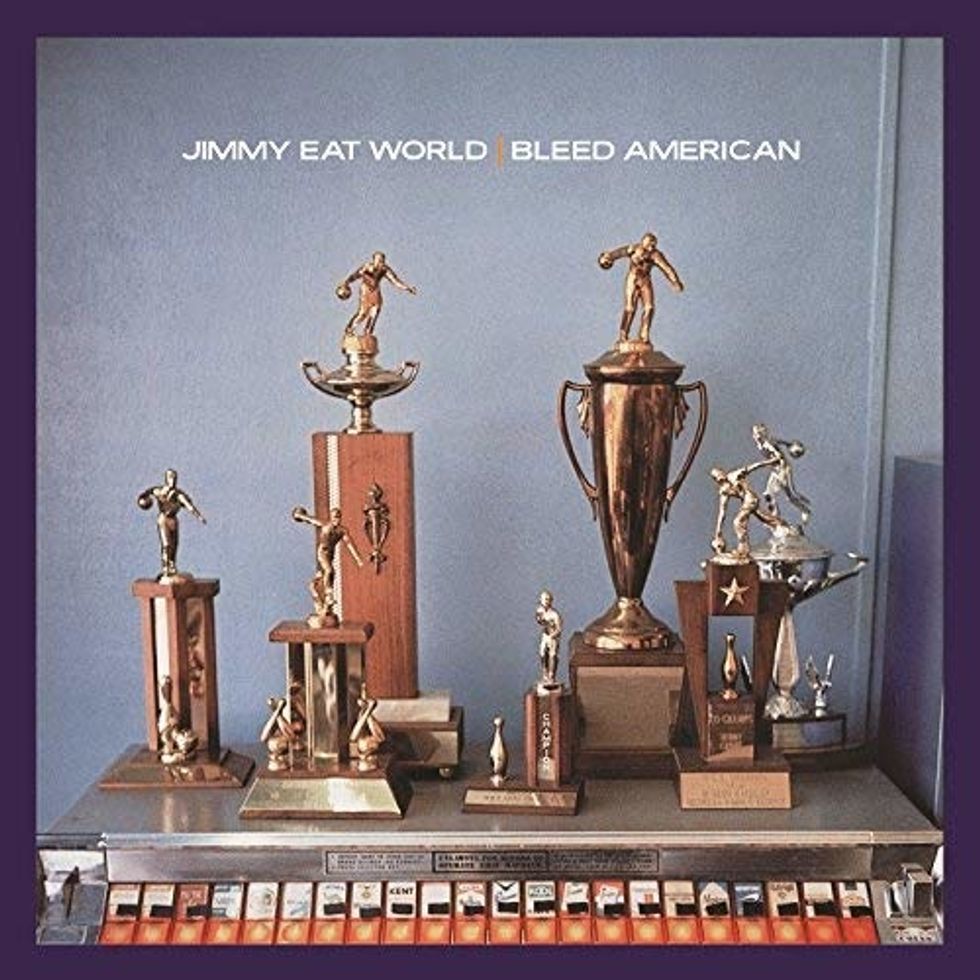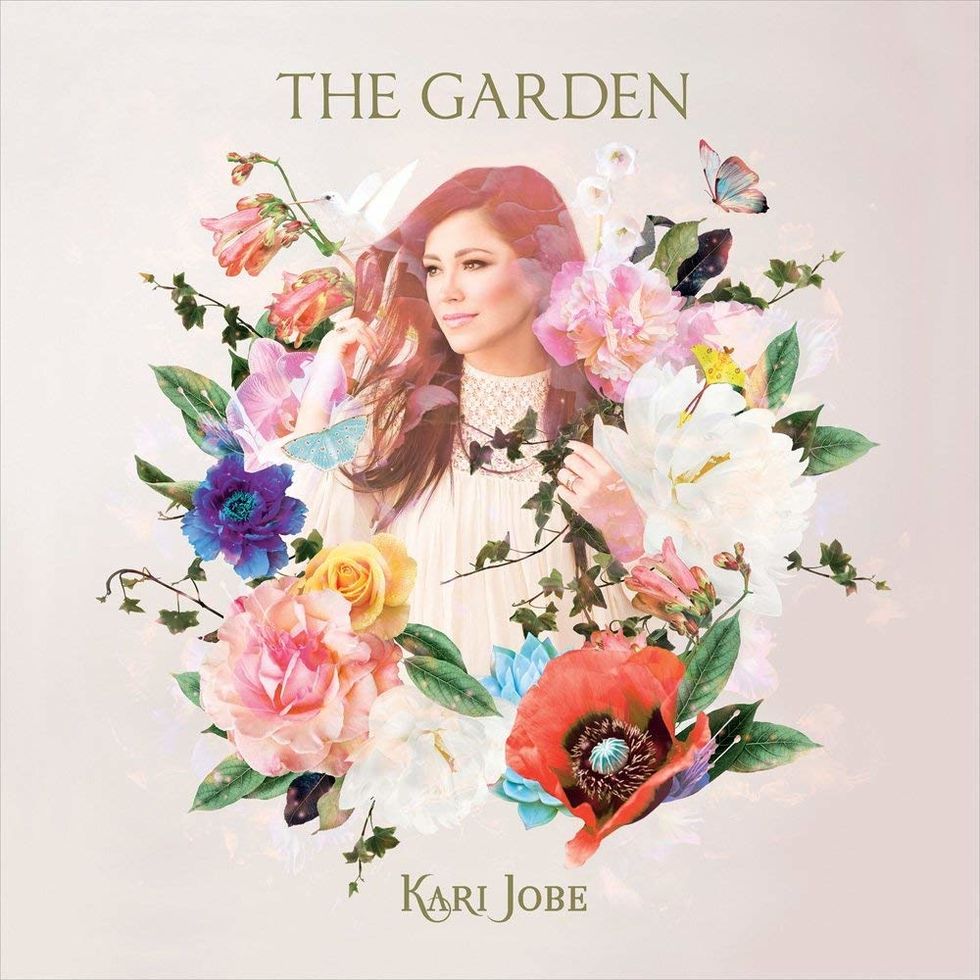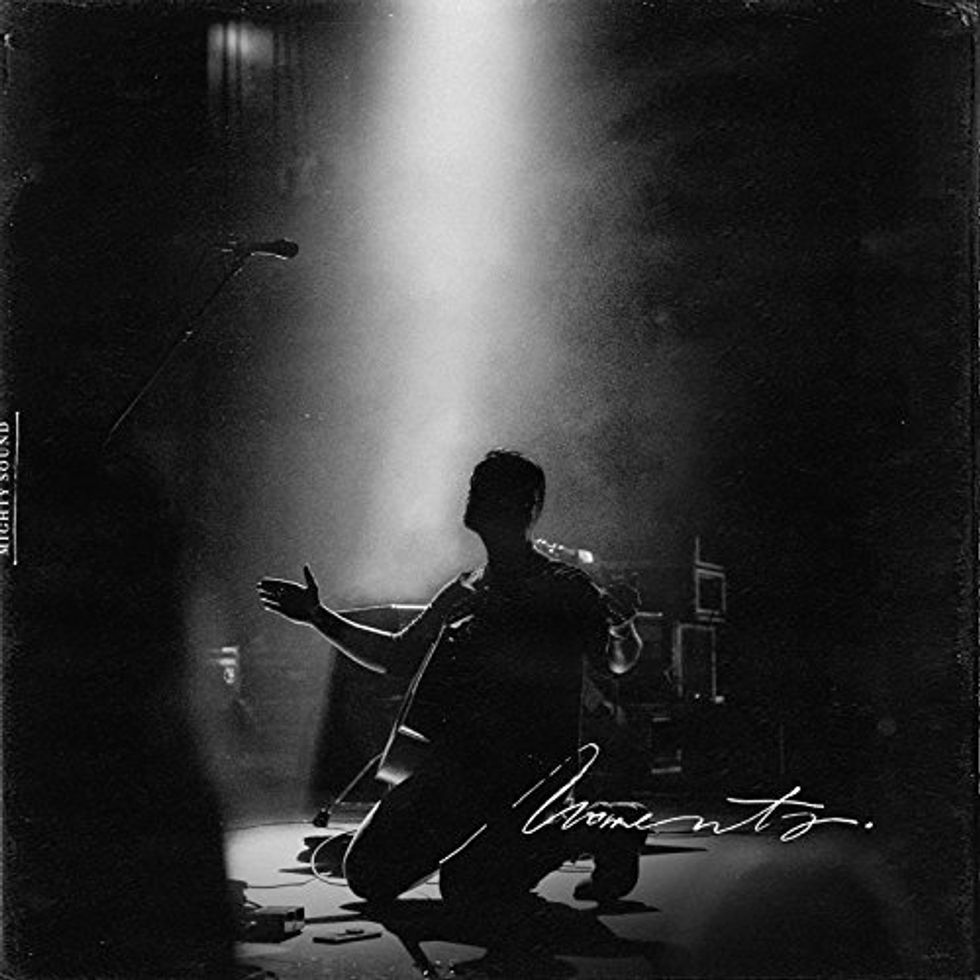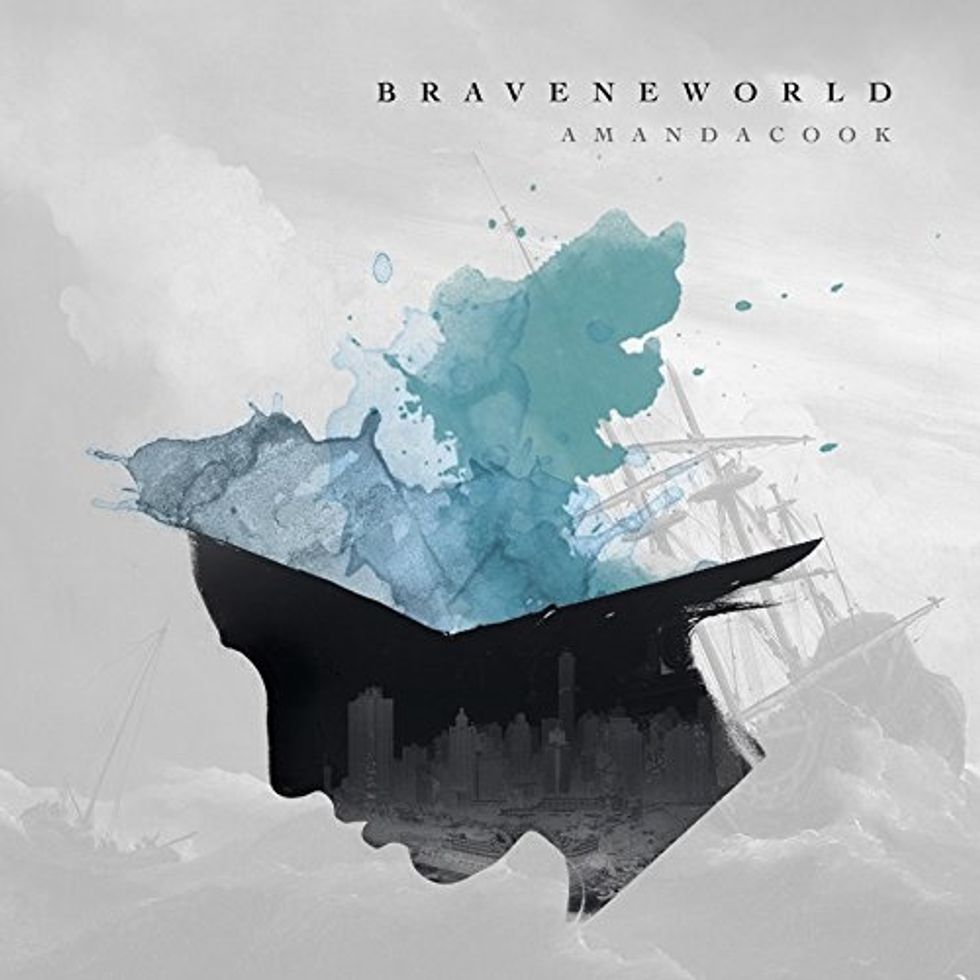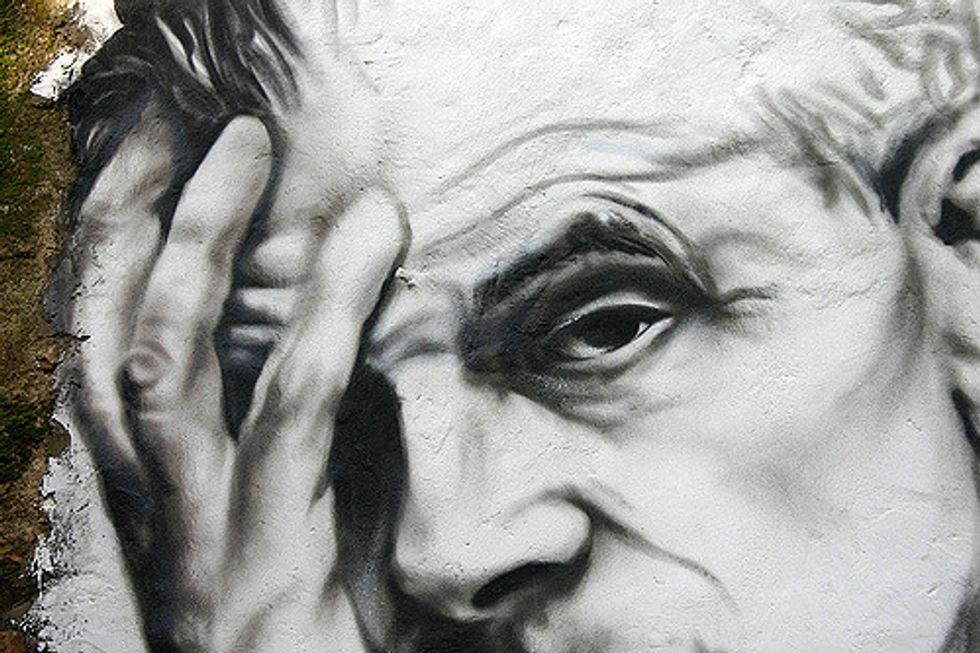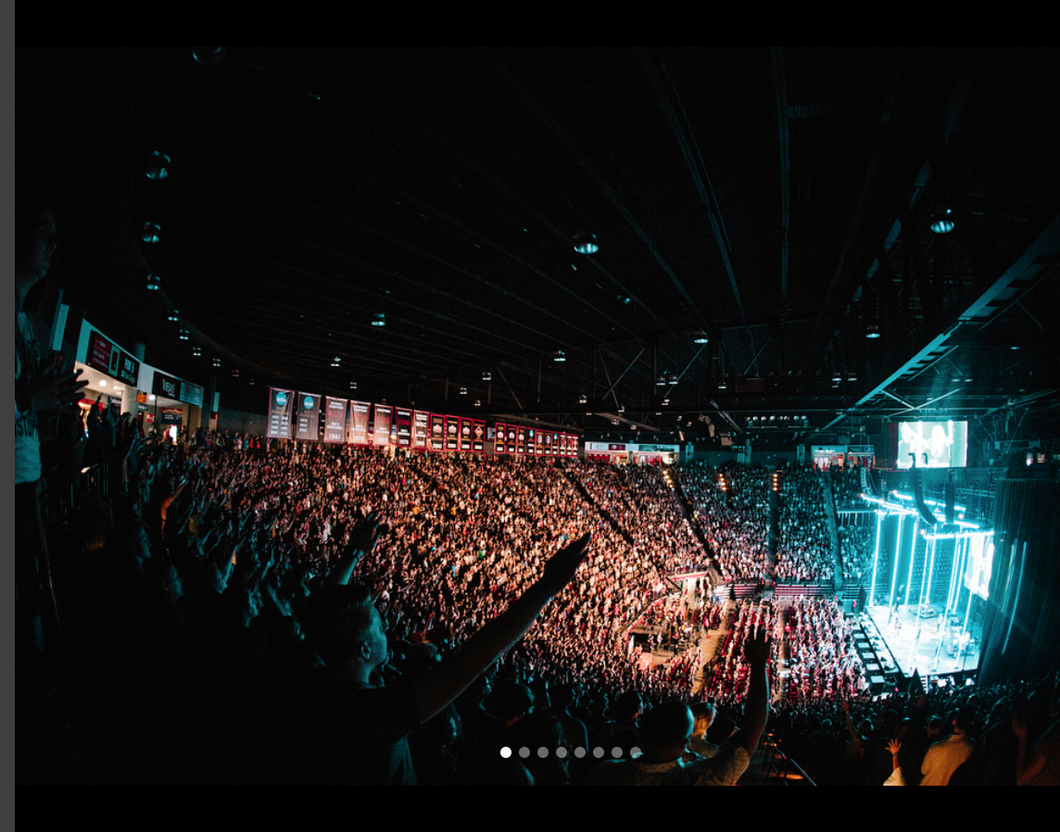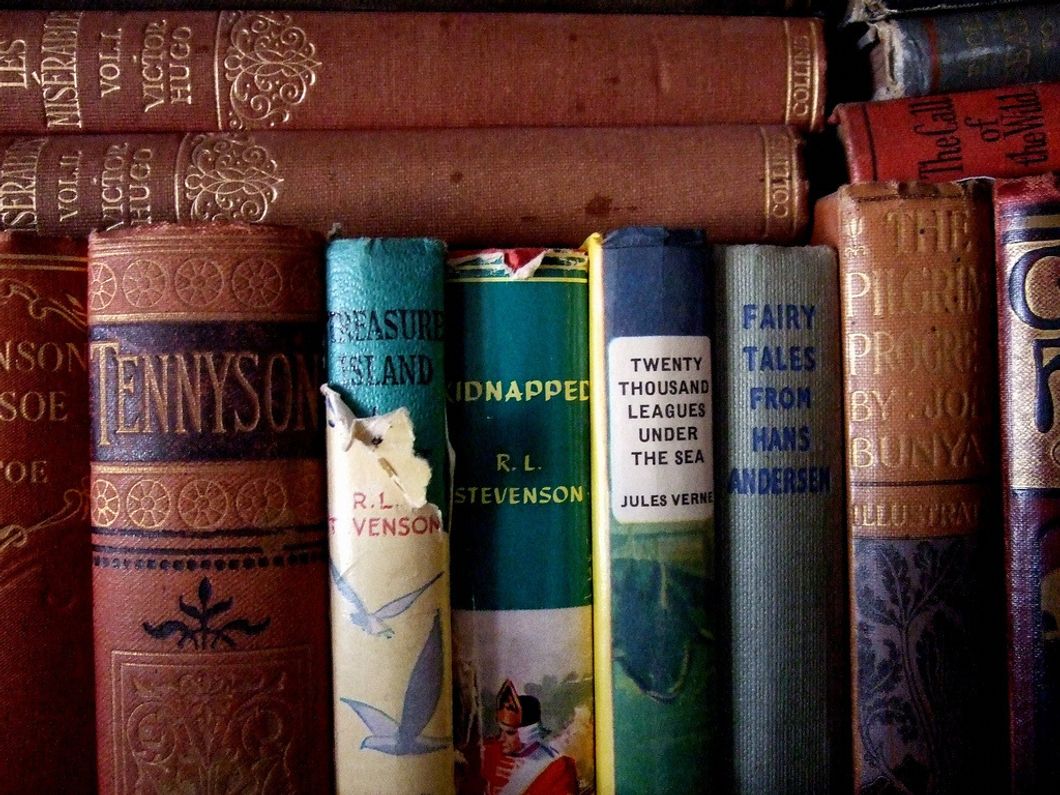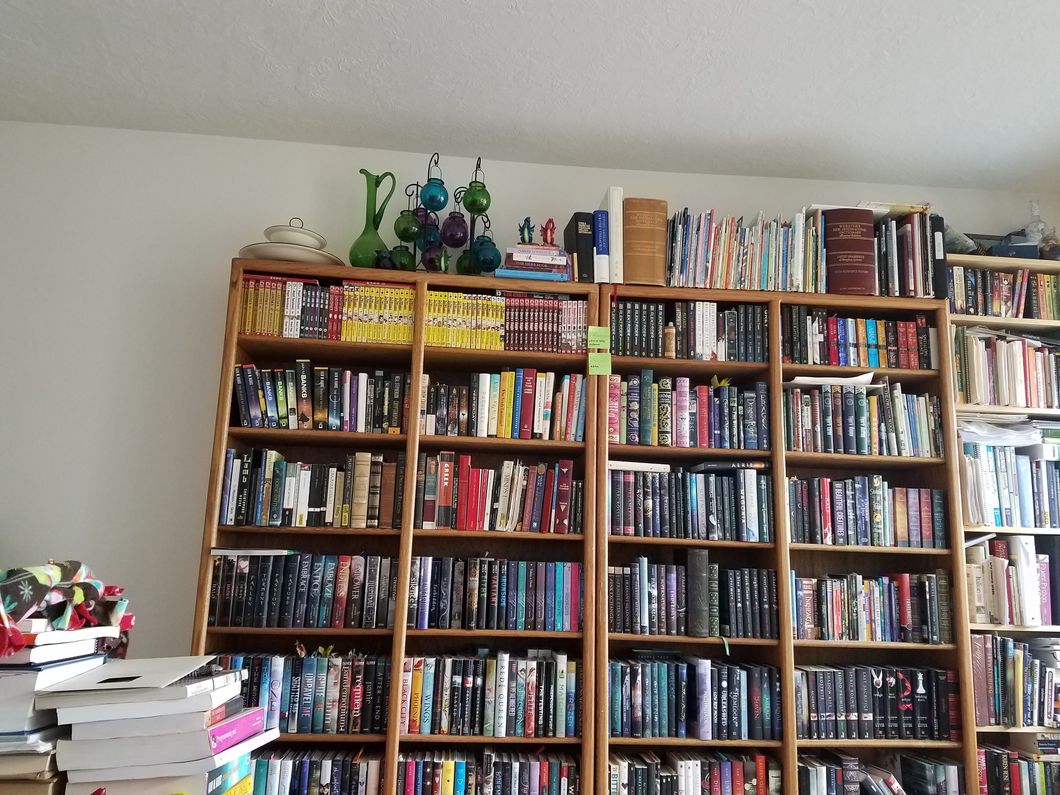What Brave New World Teaches Us About Society
Aldous Huxley paints one of the most ethically challenging dystopias ever and it truly helps understand our society
Brave New World is no doubt the greatest literary feat ever created by Aldous Huxley. In the 250 pages of the novel, Huxley entraps the reader in a world where all of our western, liberal values have been turned on their heads. It is a society where the individual has been replaced by the collective; family has been replaced by society; freedom is replaced by security.
Children are brought into the world artificially with a predetermined purpose and status in society. Instead of naturally being socialized into groups and social strata naturally as we age, society in Brave New World does this artificially from the beginning and forces children to be happy with this.
This definitely reinforces the idea that, if you tell a child a lie enough, it will become their reality once they are an adult.
When first reading Brave New World, one cannot help but be amazed by the technology that makes Huxley's society possible. As with all dystopias, this society seems absolutely perfect to the glancing observer. A world with no pain, no disease, unlimited and perpetual happiness, and conditioning to be perfect at and love your job seems like a world worth sacrifices. A simple utilitarian calculus would definitely favor sacrificing love, religion, and art for the sake of this amount of happiness.
However, what truly makes Huxley's criticism of this society unique is his way of approaching the topic of happiness itself. Through the lens of the character John the Savage, we are forced to confront the reality that this society's "happiness" is reliant on perpetual consumerism, sexual gratification, and a common adherence to a collectivist mindset.
As John the Savage points out, this version of happiness is not true happiness. It is a lower form of happiness than what is truly possible. If you are always happy, what does happy even really mean? If you cannot experience misery, what reason is there for the arts?
As utilitarianist philosopher John Mills would have pointed out, the society of Brave New World is entrenched in the lowest form of pleasure- the pig pleasures. These are the physical pleasures like sex and gluttony that even animals can comprehend. To be truly happy requires adherence to higher pleasures, such as the arts and intellectual pursuits. In a society where people only adhere to the lowest forms of pleasure, there is no chance of obtaining the true pleasures of life.
Despite John the Savage's critiques of society, he is not the most relatable character in the novel. That distinction would have to go to Bernard. While at first a harsh critic of the society around him, Bernard becomes as complacent in the societal standards of happiness and sex as the people he once made fun of. Though he had previously been shunned from society, Bernard is invited to join the pleasures of society once he can offer them something-- the chance to meet John the Savage.
What makes this so relatable is that, deep down, we all desire to conform when it is the easiest thing to do. When society pushes us away, we laugh at it. When it invites us in, we quickly forget the criticisms we once made of it. It is easy to mock the supposed treasure behind a locked door; it is much harder to deny that treasure when you have a key. Bernard fell victim to the opening of the door, just as we all are.
In the end, Brave New World offers us a chance to reflect on our society and what it means to be happy in this society. As much as this society seems so miserable and bleak, Huxley shows us that it is still so much happier than a society where everyone is constantly happy. The true advantage to our society is not that everyone is constantly happy, but that the happiness that comes to us means so much more when we have it because of this.

